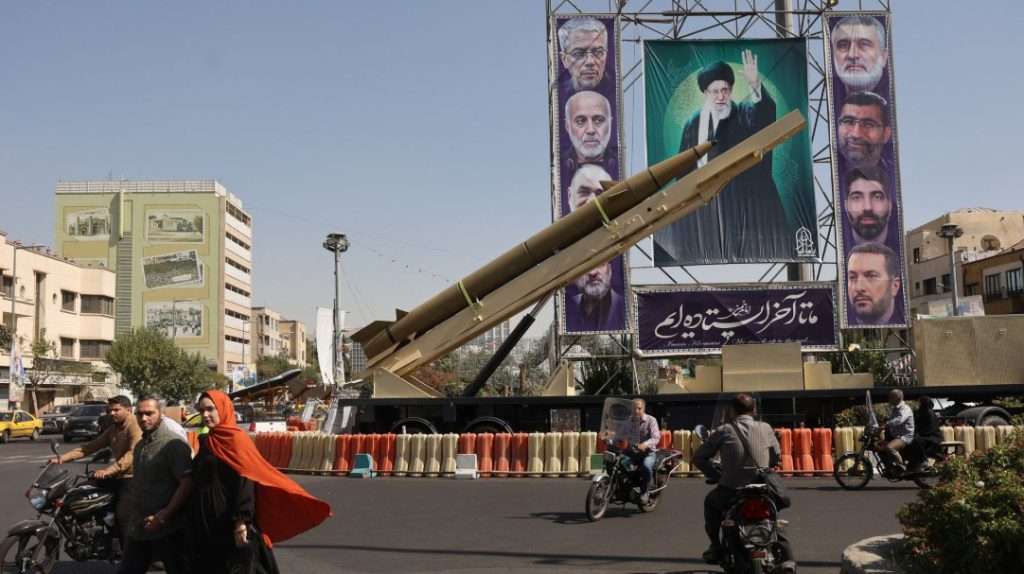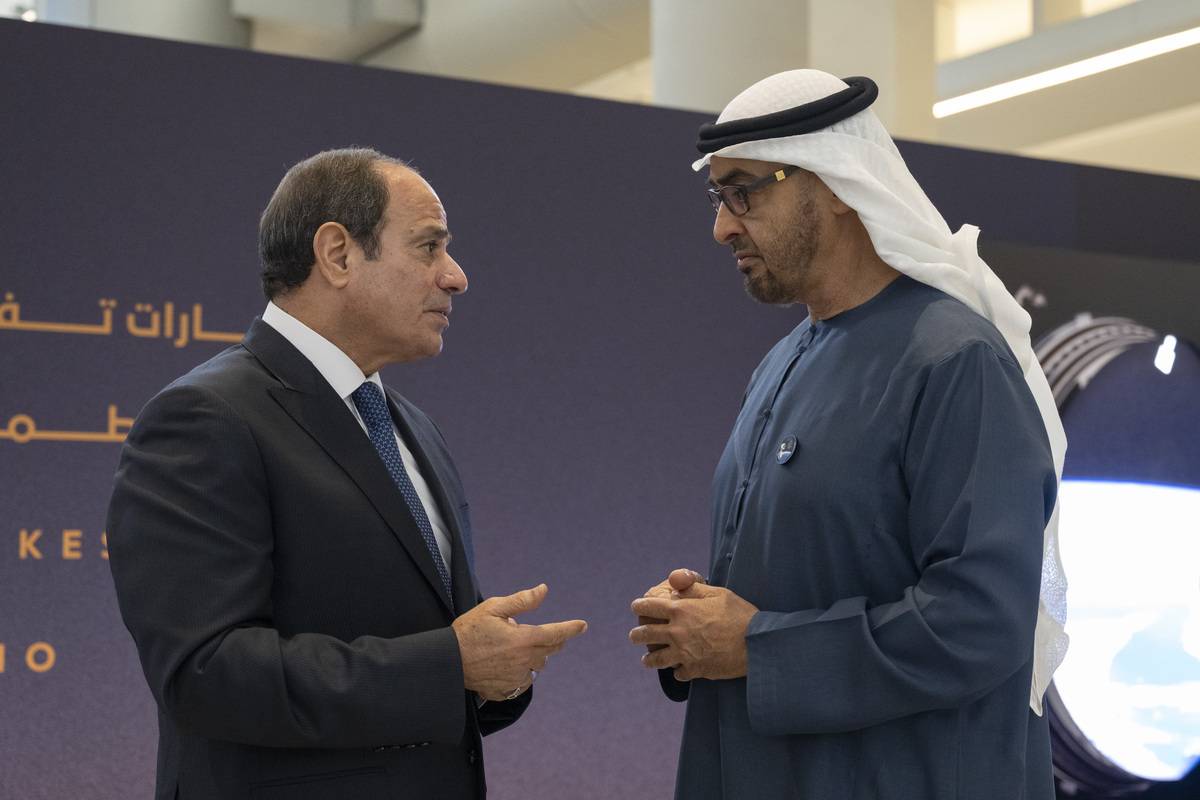EU reinstates Iranian sanctions

The European Union confirmed on September 29th that it had reinstated sanctions against Iran, as reported by The New Arab via Reuters.
“Today, the EU reinstated sanctions against Iran in response to its continued non-compliance with the nuclear agreement. The door for diplomatic negotiations remains open,” the EU presidency said.
The sanctions include freezing the assets of the Iranian Central Bank as well as other Iranian banks, and a travel ban on some Iranian officials.

The EU was also prohibiting Iran’s purchase and transportation of crude oil, as well as the sale or supply of gold and some naval equipment.
On September 28th, the UN reinstated an arms embargo and other sanctions on Iran over its nuclear programme after a process prompted by European nations that Iran has warned will be met with a firm response.
The EU’s decision to reimpose sanctions on Iran came amid a report on September 29th that Russia intends to deepen its ties with Iran, in direct contrast with Israel, which has supplied Ukraine with air defences in its fight against Russia.
On August 28th, Britain, France, and Germany started the process to enforce sanctions on Iran, which would freeze Iranian assets abroad, suspend all arms deals with Iran, and penalise any progression of Iran’s ballistic missile programme, putting more pressure on Iran’s already struggling economy.
Iran’s rial currency stood at approximately 920,000 to the US dollar, as of August 3rd.
The sanctions process has begun despite Iran possibly showing a willingness to comply with Western demands since the UN’s nuclear watchdog returned to Iran.
It was reported on August 15th that Iran was working with Russia and China in an attempt to counter European sanctions, despite Britain, France, and Germany sending a letter to the UN warning about the potential reimposition of sanctions on Iran.
Iran has publicly acknowledged severe damage to its nuclear infrastructure, and signalled a readiness to reopen international talks; however, the country has refused to abandon nuclear enrichment.
Iran also resumed nuclear talks with European powers on July 25th, in the aftermath of attacks by Israel on June 13th that targeted military and nuclear facilities.
During the Iran-Israel war, three Iranian nuclear sites were subsequently bombed by the US, which sought to weaken Iran’s military capabilities amid growing concerns of a wider conflict across the Middle East.
The New Arab via Reuters, Maghrebi.org
Want to chase the pulse of North Africa?
Subscribe to receive our FREE weekly PDF magazine











